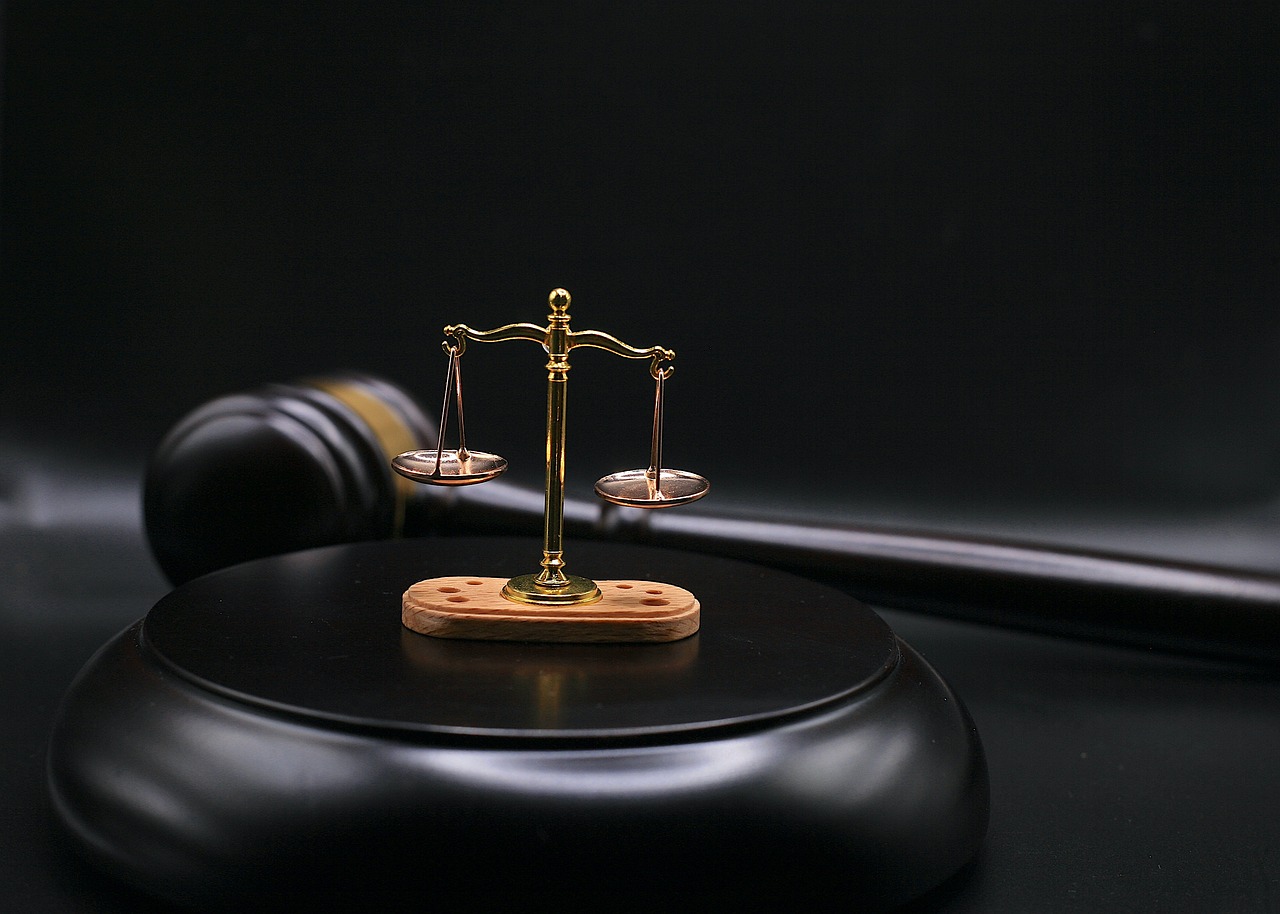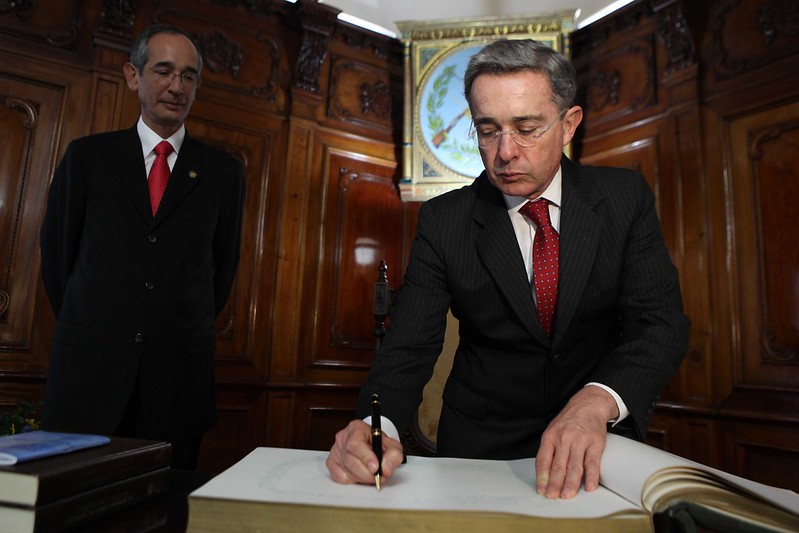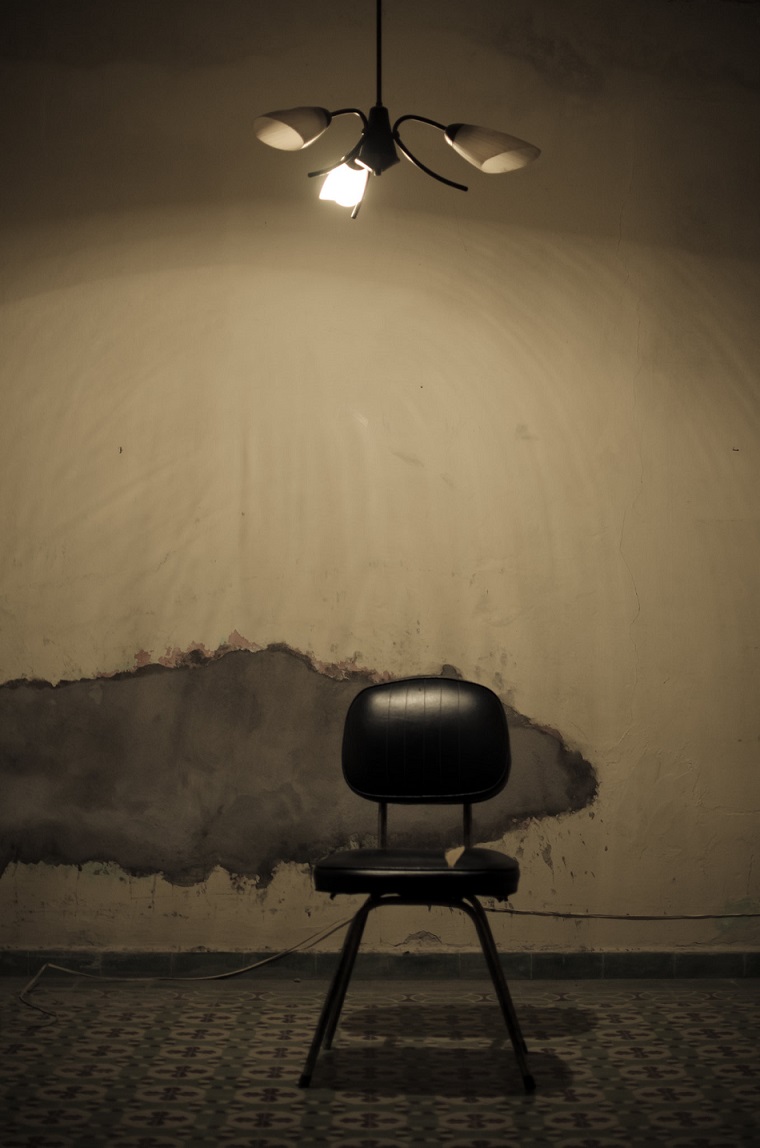On 18 March, the Inter-American Court of Human Rights (IACHR) condemned the Colombian state for the political, institutional and ideological persecution carried out by members of the DAS against the Colectivo de Abogados Jorge Alvear Restrepo (Cajar).
 Germán Ayala Osorio*
Germán Ayala Osorio*
The ruling states that the state “violated, to the detriment of the victims, the rights to life, to personal integrity, to privacy, to freedom of thought and expression, to informational self-determination, to know the truth, to honour, to judicial guarantees, to judicial protection, to freedom of association, movement and residence, to the protection of the family, the rights of the child and the right to defend human rights”.
The state crimes were committed during the administration of Álvaro Uribe Vélez and the strict application of the shadowy democratic security policy, implemented between 2002 and 2010, with the aim of undermining the legitimacy of human rights defenders, considered by public agents as “friends of terrorism and the guerrillas”. This was the narrative used by the then head of state to stigmatise and persecute members of the Cajar collective.
With this new ruling, the Colombian State has now been condemned 13 times by the IACHR, which confirms it as a murderous social and political order that violates human rights.
 Beyond the guilty verdict and the symbolic actions that must be taken to apologise and make reparations to the victims, what is of enormous ethical and political value is to begin to demand the International Criminal Court (ICC) and the IACHR to construct a legal discourse to enable the political and moral responsibilities that the Colombian state as a whole is expected to assume for the crimes committed, and the individual responsibilities (political and criminal) of the presidents of the Republic during whose terms of office the human rights violations took place. These violations were committed through massacres, forced displacements, selective assassinations and political persecution such as the illustrative case of the Lawyers’ Collective.
Beyond the guilty verdict and the symbolic actions that must be taken to apologise and make reparations to the victims, what is of enormous ethical and political value is to begin to demand the International Criminal Court (ICC) and the IACHR to construct a legal discourse to enable the political and moral responsibilities that the Colombian state as a whole is expected to assume for the crimes committed, and the individual responsibilities (political and criminal) of the presidents of the Republic during whose terms of office the human rights violations took place. These violations were committed through massacres, forced displacements, selective assassinations and political persecution such as the illustrative case of the Lawyers’ Collective.
It is urgent that the IACHR and the ICC work on the harmonisation of rulings, seeking to ensure that the moral condemnations of the states that recognise their jurisdictions, in this case Colombia, go beyond these symbolic limits and conditions to establish criminal and political responsibility.

It should be remembered that Uribe Vélez used the DAS as his political police to stigmatise and persecute his critics and detractors, whom he branded on several occasions as “friends of terrorists”.
Cajar, at the time, recalled the violent and disobliging epithets used by Uribe to discredit human rights defenders: “Talkative”, “spokespersons for terrorism”, “human rights traffickers”, “cronies”, “apoligists”, “politicians” and even “gossips” have been the most recurrent adjectives used by the president of Colombia, Álvaro Uribe Vélez, to attack human rights defenders during his seven years in office. In speeches, statements to the national and international press, televised interventions and in communal government councils, President Uribe has attacked people and organisations that work in the promotion and defence of human rights in the country, as well as in denouncing actions perpetrated by state security agencies that violate the fundamental rights of citizens”.

I urge the two international tribunals to build legal bridges that will hopefully lead to criminal and political trials of the heads of state who directly and indirectly encouraged, promoted, permitted or cohabited with the systematic violation of human rights.
Petitions for forgiveness and symbolic acts are important for the victims and for the news coverage of condemnatory rulings, but they do little or nothing to prevent Heads of State from using the repressive apparatus to give free rein to the hatred they profess towards Human Rights defenders.
The State’s legitimacy is at stake. In the Colombian case, and due to its criminal nature, the State has a historical illegitimacy that exceeds the 13 convictions it has carried on its shoulders.
*Germán Ayala Osorio: Social communicator, journalist and political scientist, author of the blog “La otra tribuna”.
(Translated by Rene Phelvin – Email: renephelvin@gmail.com) – Photos: Pixabay












.jpg)












